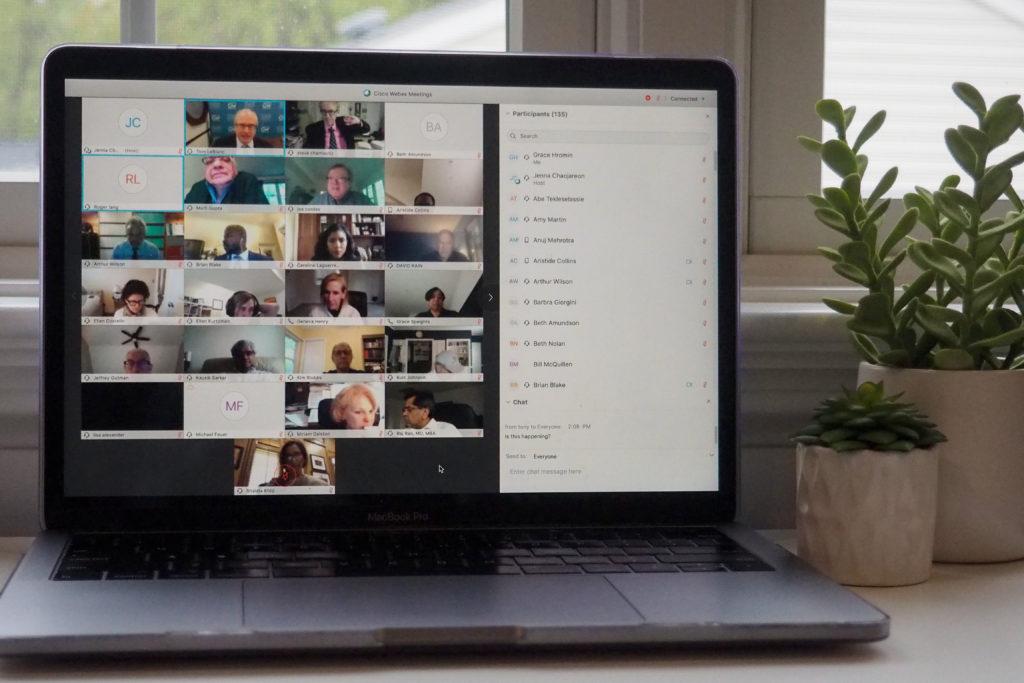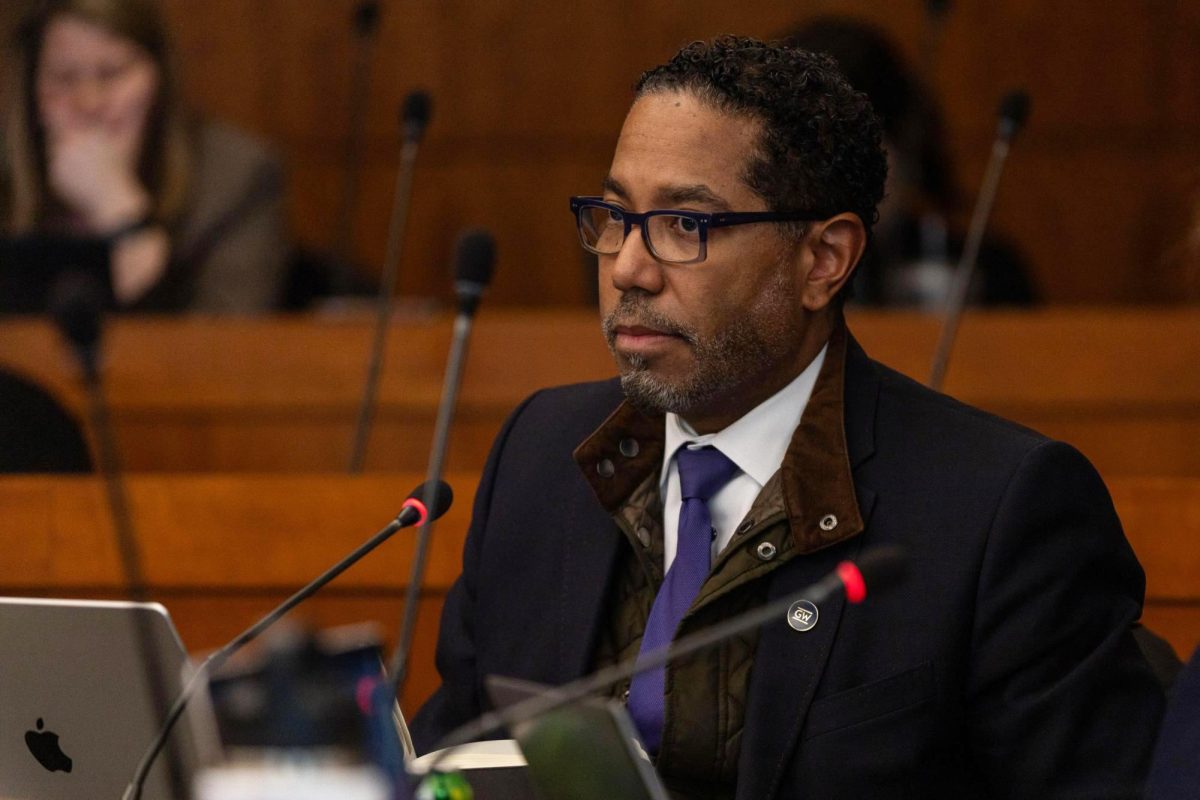The Faculty Senate passed two resolutions Friday to expand the freshman forgiveness policy and to require officials to consult senators when deciding the fall semester’s status.
The first resolution expands the freshman forgiveness policy to all undergraduates, and the second resolution established that the senate is prepared to meet beyond its regularly scheduled monthly meetings to help plan the University’s response to the COVID-19 pandemic. Faculty senators also discussed plans for future senate meetings in the months of May through August and the conditions necessary for students to return to campus in the fall.
Jason Zara, an associate professor of biomedical engineering and sponsor of the resolution on the undergraduate forgiveness policy, said former Student Association Executive Vice President Amy Martin and Chief of Staff Nicole Cennamo presented a “compelling” case for the resolution about increasing equity across the student body.
“Students who don’t have a lot of AP credit may be taking simpler classes in their first year and then really hit the challenging classes later, whereas students who come in with 24 credit hours might take organic chemistry their first semester and be able to repeat it, so equity was also part of this,” he said.
The resolution expands the freshman forgiveness policy to an undergraduate forgiveness policy that allows all undergraduate students to retake up to three courses if they received a D+ or lower. Zara said almost all of GW’s peer schools have a policy similar to this.
The senate passed a resolution in 2017 that initially implemented the freshman forgiveness policy with an amendment stating that the policy must be reviewed within three years of its implementation.
The SA Senate passed a resolution in its last meeting of the semester calling on officials to expand the first-year forgiveness policy to apply to all undergraduates.
Guillermo Orti, a professor of biology and sponsor of the second resolution, said faculty members are well-positioned to discuss potential costs to health and safety involved with officials’ decision-making process in light of the COVID-19 pandemic.
“The intent of this resolution is to send a clear signal that the senate and its committees are ready, willing and able to meet as needed during the summer to engage in planning our responses to the pandemic,” he said.
University President Thomas LeBlanc said officials are considering three scenarios for the fall semester: a return to normal, a hybrid of online and in-person instruction and fully online classes. He said the campus cannot reopen without testing, contact tracing and quarantine capabilities.
The resolution requires the senate, which usually does not meet in the months of June, July and August, to schedule at least one regular monthly meeting for each month of the summer to ensure that the senate has a “robust” role in shared governance.
The resolution also states that appropriate senate committees must be consulted when officials make decisions on the status of the upcoming academic year because it involves education and research, areas of expertise for faculty senators.
“The senate and its committees expect to participate in a significant manner in crafting procedural decisions that result from the COVID-19 emergency, especially concerning everything related to teaching and research missions carried out by faculty,” Orti said.
He said the resolution does not cover the specific procedures necessary to accomplish this task, and he has begun conversations within the senate to add additional meetings of the senate’s committees after the Board of Trustees meeting Friday.
“There are plans to hold several Faculty Senate and senate committee meetings during the summer in order to ensure that we have a robust role in shared governance,” said Arthur Wilson, the chair of the senate’s executive committee.
The senate unanimously approved the nominations of new members to senate standing committees and the election of faculty members to University committees.
LeBlanc said during the meeting that in order to return to campus in the fall, officials must be able to provide coronavirus testing, contact tracing and places for quarantining.
Board Chair Grace Speights said officials do not plan to take funding from the University’s endowment to mitigate the financial impact of the COVID-19 pandemic.
“Tapping the endowment or reserves today would not be a prudent decision or in the best interest of GW because it will only hamper our financial standing in the future,” Speights said at the senate meeting. “We cannot sacrifice our long term future to resolve the challenges posed by this pandemic.”







